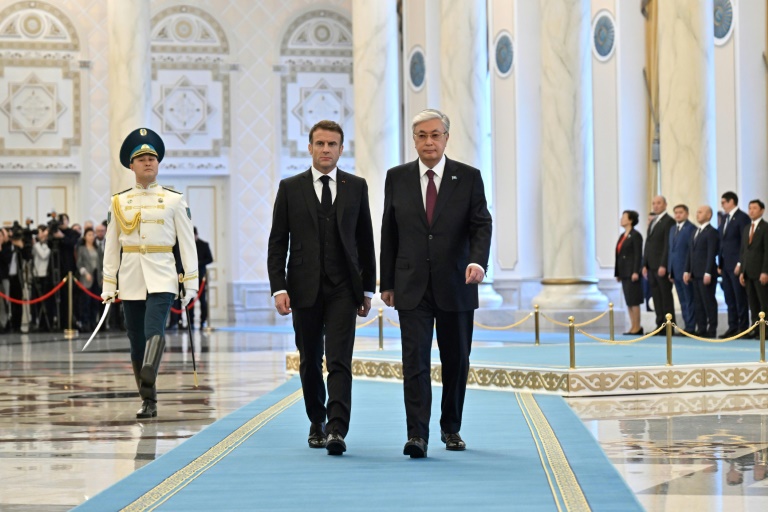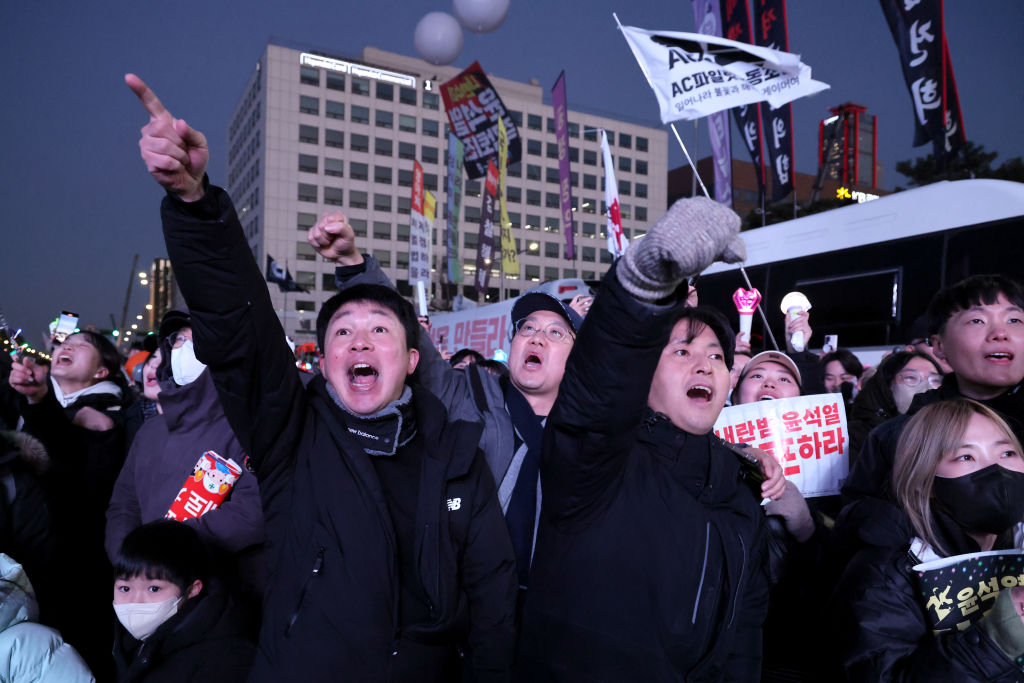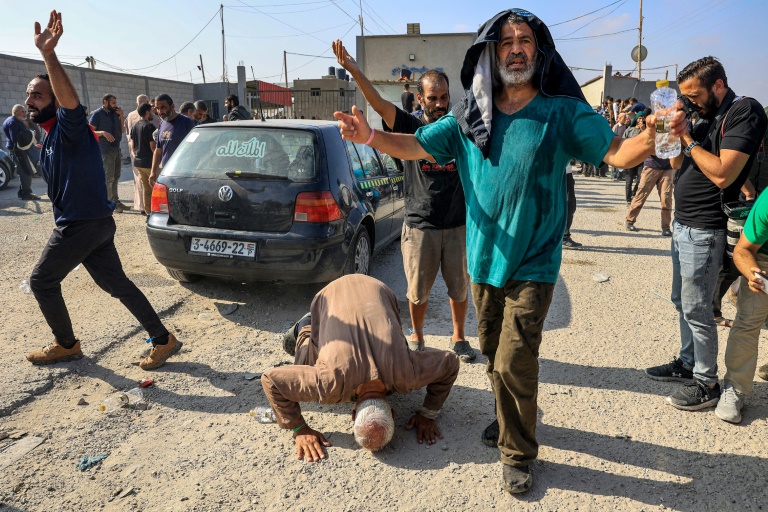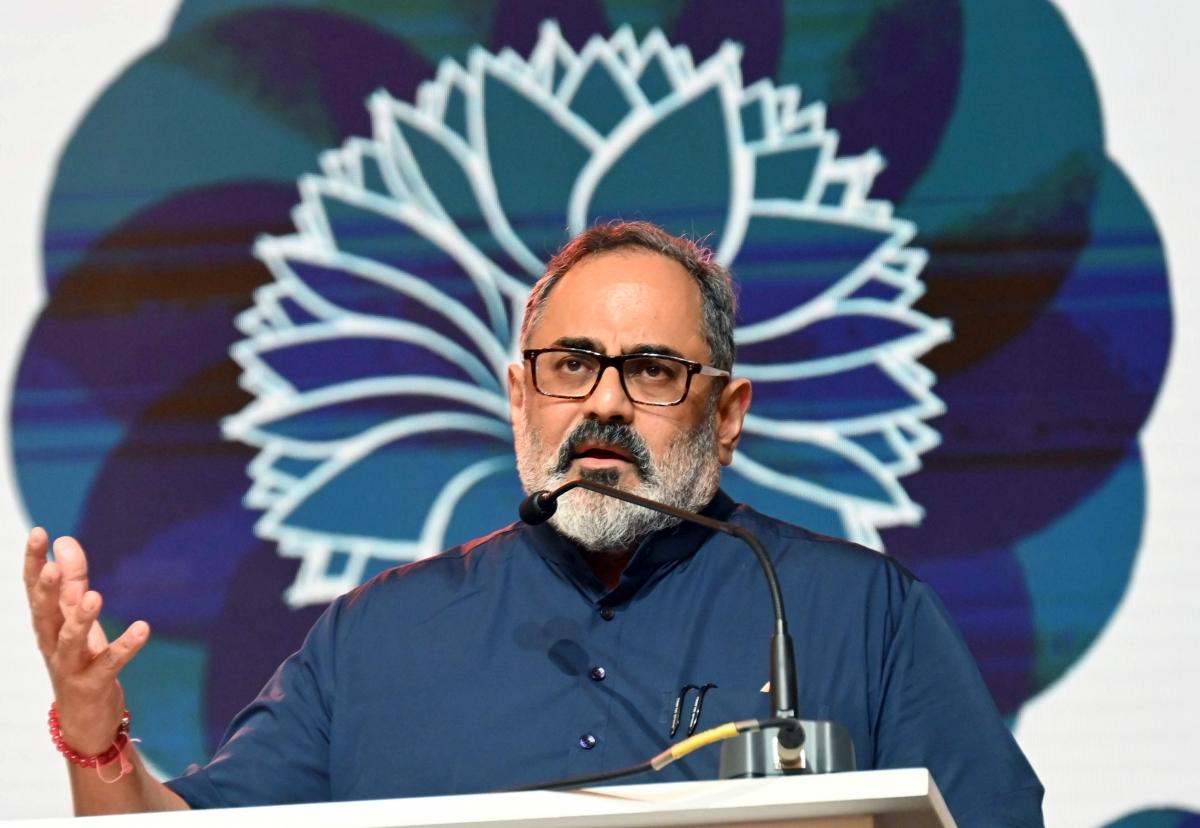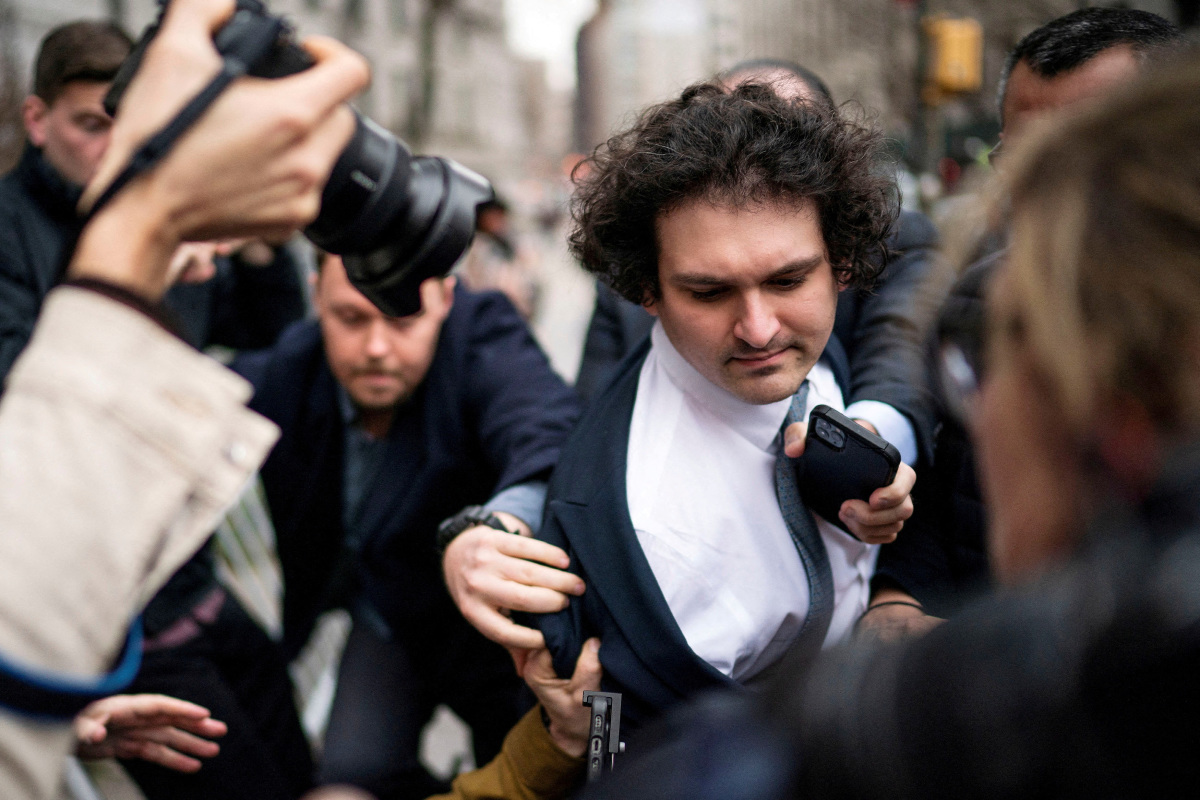French President Emmanuel Macron is back in Paris on Friday after visiting the former Soviet Republics of Kazakhstan and Uzbekistan on Wednesday and Thursday, respectively.
The trip centered around nuclear and renewable energy policy, as France looks to secure sources of stable energy and diplomatic support in a region with deep economic and political ties to Russia.
Macron’s visit was the first to any Central Asian country by a French president since François Mitterrand in 1994. Macron aimed to shore up high-level support for critical energy projects alongside a delegation of French business leaders, as well as strengthen diplomatic ties between the West and former Soviet Union members currently experiencing a trend of waning Russian influence.
French multinational energy corporation TotalEnergies finalized a deal of undisclosed value to provide technical support for the construction of a new wind farm in Kazakhstan, adding to their pre-existing oil and gas operations in the country. Following Russia’s invasion of Ukraine, Kazakhstan became the third largest supplier of oil and gas products to the European Union (behind the United States and Norway).
French rolling stock manufacturer Alstom SA also finalized a deal to build electric trains in Kazakhstan.
The energy scope of Macron’s visit extends beyond conventional sources. The French nuclear system consumes an average of 8,000 tons of uranium per year, with 37.3% of French uranium imports coming from Kazakhstan in 2022 and 12.9% coming from Uzbekistan. Just over 20% of France’s 2022 imports came from Niger, where recent political instability has led French policymakers to actively seek increased imports from other sources.
France is the world’s leading nuclear energy provider on a per-capita basis. It has 18 active nuclear plants with 56 reactors that account for over two-thirds of the country’s total annual electricity generation, and depends on a stable, diversified supply of uranium.
French nuclear energy provider EDF is one of four finalists for a contract for Kazakhstan’s first domestic nuclear power plant, alongside Russian, Chinese and Korean firms (Kazakh voters have yet to approve plans for the plant via referendum).
The chairman and CEO of French uranium miner Orano, which already has operations in Kazakhstan, were each also a part of Macron’s delegation to Kazakhstan and Uzbekistan, RFI reforted Wednesday.
Kazakh President Kassym-Jomart Tokayev described France as a “key and reliable partner” in a joint press conference on Wednesday.
Macron’s trip to Uzbekistan, Central Asia’s most populous country, was relatively light in terms of concrete impact on global energy markets. The French President left with a commitment from Uzbek president Shavkar Mirziyoyev to build a “strategic partnership” between their two countries.
After a meeting with Orano executives, president Mirziyoyev’s office said it “supported initiatives to expand cooperation in the exploration and mining of uranium,” suggesting relatively enhanced ties between the two countries in the near future.
Macron’s trip is a play for French and European energy security, and it also serves a geopolitical priority of the West in operating in Russia’s traditional sphere of influence.
“I don’t underestimate by any means the geopolitical difficulties, the pressures … that some may be putting on you,” President Macron told his Kazakh counterpart on Wednesday.
Macron has recently shown a penchant for geopolitically provocative state visits, and this past week’s trip appears to be no exception.

